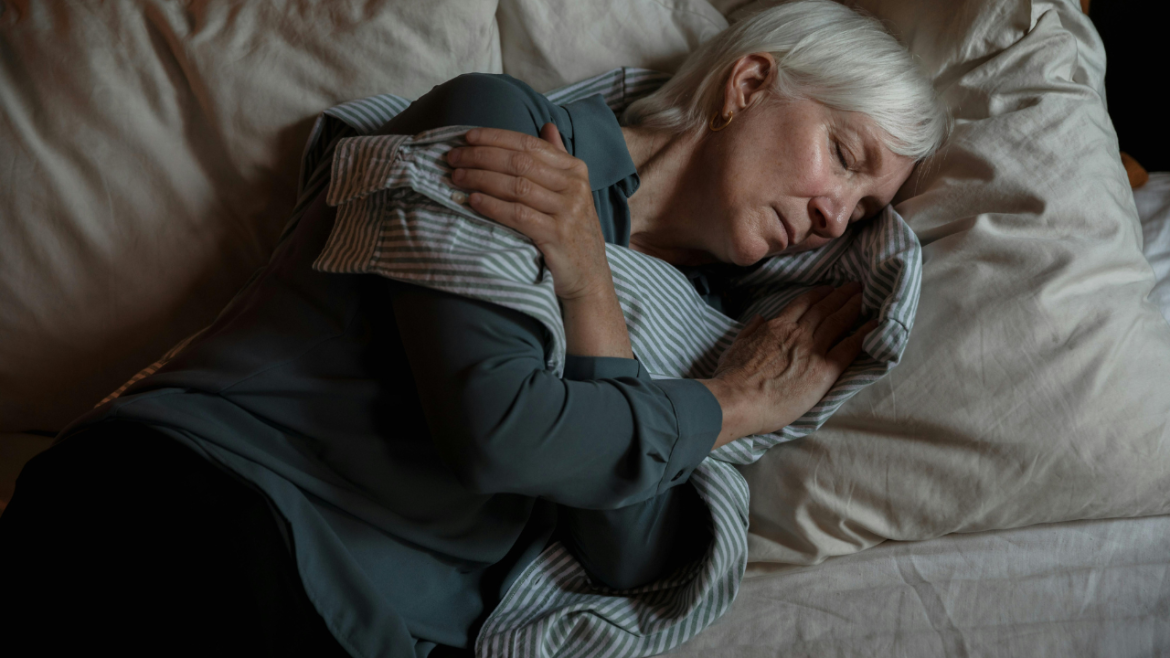Did you know that Leading Edge Senior Care has a Dementia Support Group? We meet monthly in Mesa. For more details <click here>
What A Senior Needs To Do After A Stroke
Recovering from a stroke can be a daunting journey, especially for seniors who may face unique challenges in their rehabilitation process. Understanding what steps seniors need to take after experiencing a stroke is crucial for their recovery and overall well-being.
Navigating Rehabilitation
After experiencing a stroke, seniors often undergo various forms of rehabilitation to regain lost skills and abilities. This may include physical therapy, occupational therapy, and speech therapy, depending on the individual’s needs and the severity of the stroke.
Physical Therapy for Rebuilding Strength
Physical therapy plays a crucial role in helping seniors rebuild strength, balance, and mobility after a stroke. Through targeted exercises and interventions, physical therapists work with seniors to improve their motor skills and regain independence in daily activities.
Occupational Therapy for Daily Living Skills
Occupational therapy focuses on helping seniors relearn essential daily living skills, such as dressing, grooming, and meal preparation. The therapists provide adaptive techniques and assistive devices to facilitate independence and improve quality of life.
Speech Therapy for Communication
For seniors who experience difficulty with speech and language after a stroke, speech therapy can be invaluable. Speech therapists help seniors improve communication skills, such as speaking, listening, and swallowing, enabling them to participate more fully in social interactions and activities.
Emotional Support and Coping Strategies
Dealing with the aftermath of a stroke can be emotionally challenging for seniors. It’s essential to provide emotional support and coping strategies to help them navigate feelings of frustration, fear, and uncertainty. Encouraging seniors to express their emotions and offering reassurance can promote healing and resilience.
Nutrition and Dietary Considerations
Maintaining a healthy diet is vital for seniors recovering from a stroke. Nutrient-rich foods can support brain health and aid in the recovery process. Encourage seniors to eat a balanced diet consisting of fruits, vegetables, lean proteins, and whole grains, while limiting sodium, saturated fats, and refined sugars.
Medication Management and Follow-Up Care
Following a stroke, seniors may require medication to manage various health conditions and prevent future strokes. It’s crucial to ensure proper medication management and adherence to treatment plans. Regular follow-up appointments with healthcare providers are essential for monitoring progress and adjusting treatment as needed.
Creating a Supportive Environment
Creating a supportive environment at home is key to helping seniors recover after a stroke. This may involve making modifications to the home to improve accessibility and safety, such as installing grab bars, ramps, and handrails. Providing assistance with daily tasks and activities can also offer valuable support during the recovery process.
Encouraging Physical Activity and Exercise
Regular physical activity is beneficial for seniors recovering from a stroke. Encourage seniors to engage in gentle exercises and activities that promote strength, flexibility, and cardiovascular health. Walking, swimming, and tai chi are excellent options for improving physical fitness without placing undue stress on the body.
Celebrating Milestones and Progress
Recovering from a stroke is a gradual process, and seniors may experience setbacks along the way. It’s essential to celebrate milestones and progress, no matter how small, to maintain motivation and positivity. Recognizing achievements and offering praise can boost confidence and inspire continued efforts towards recovery.
Conclusion
In conclusion, what a senior needs to do after a stroke involves a multifaceted approach that addresses physical, emotional, and practical aspects of recovery. By providing comprehensive support and guidance, seniors can navigate the challenges of stroke recovery and work towards rebuilding their lives with resilience and determination.

